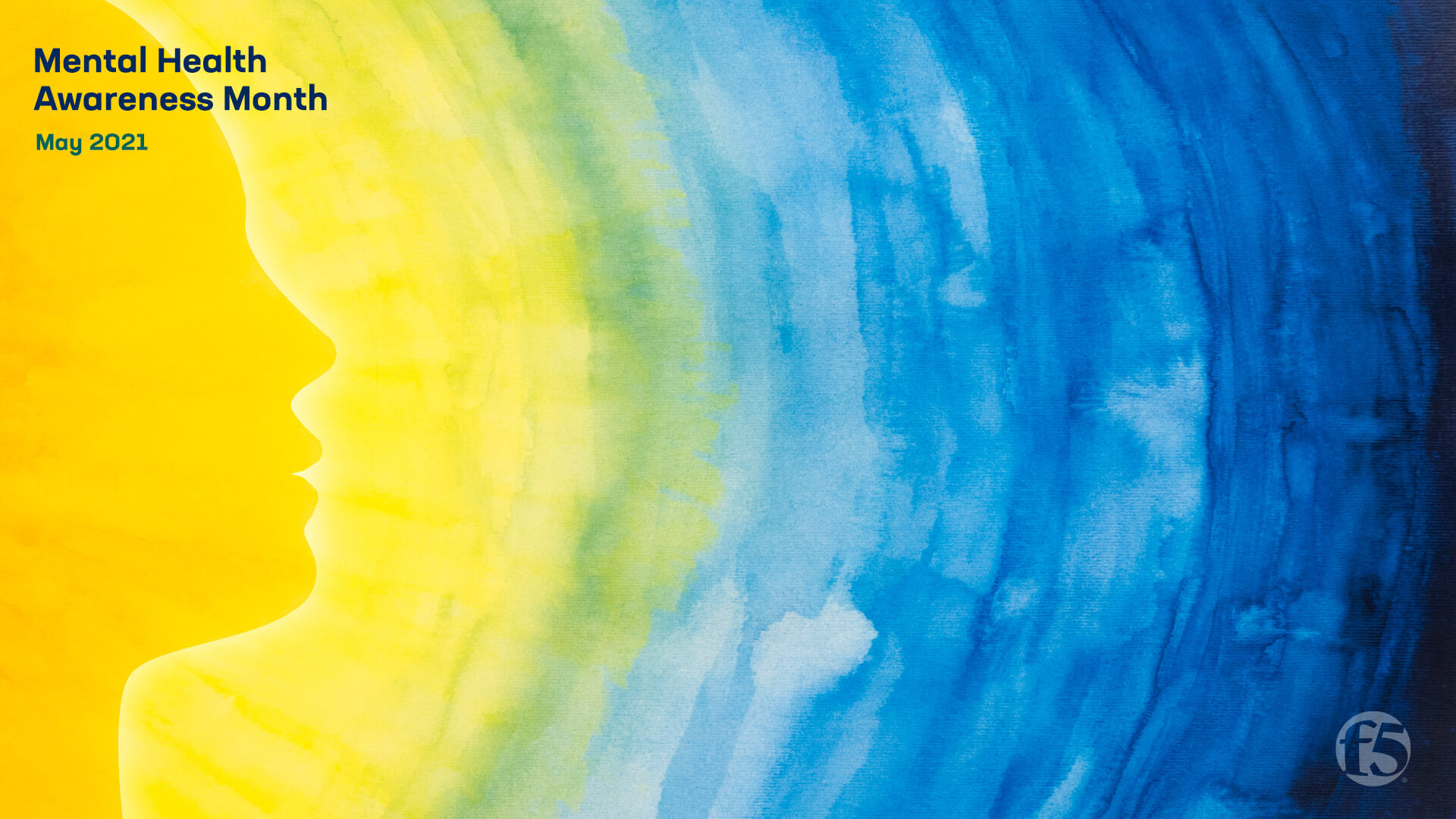
Navigating the journey of mental health can often feel like exploring a complex maze, filled with twists and turns that challenge our inner selves. In today’s fast-paced world, the importance of mental well-being cannot be overstated. It is a fundamental aspect of our overall health and influences how we think, feel, and act. Despite the increasing awareness around mental health issues, there is still a stigma that can prevent individuals from seeking the support and resources they need. By breaking down barriers and fostering open conversations, we can create a more compassionate and understanding environment for those facing mental health challenges.
Understanding Mental Health
Understanding mental health is essential for maintaining overall well-being. It encompasses our emotional, psychological, and social well-being, affecting how we think, feel, and act in daily life. Mental health impacts various aspects of our lives, from relationships to work performance and overall quality of life.
It is important to recognize that mental health is dynamic and can change over time due to various factors such as life experiences, genetics, and brain chemistry. Just like physical health, mental health needs to be taken care of to ensure a balanced and fulfilling life. Seeking professional help when needed, practicing self-care, and engaging in activities that promote mental well-being are all vital aspects of maintaining good mental health.
Stigma surrounding mental health often prevents individuals from seeking help or discussing their struggles openly. It is crucial to break down these barriers by promoting open conversations, education, and understanding. By creating a supportive environment where mental health is prioritized and accepted, we can work towards a society where everyone can openly address their mental health needs without fear or judgment.
Common Mental Health Disorders
Anxiety disorders are among the most prevalent mental health issues, affecting millions of individuals worldwide. Symptoms often include excessive worry, panic attacks, and avoidance behaviors that can significantly impact daily functioning.
Depression is another common mental health disorder characterized by persistent feelings of sadness, hopelessness, and loss of interest in activities once enjoyed. It can manifest in physical symptoms such as changes in appetite, sleep disturbances, and fatigue.
Post-traumatic stress disorder (PTSD) is a mental health condition that may develop after experiencing a traumatic event. Individuals with PTSD may suffer from flashbacks, nightmares, and heightened anxiety, impacting their overall quality of life and relationships.
Seeking Help and Support
When facing challenges related to mental health, reaching out for help and support is a crucial step towards healing. It’s important to remember that seeking professional guidance can provide valuable insights and personalized care to address individual needs.
Therapy and counseling sessions offer a safe space to explore emotions, thoughts, and behaviors in a supportive environment. Trusted mental health professionals can help individuals develop coping strategies, improve self-awareness, and work towards achieving emotional well-being.
In addition to professional help, building a strong support system of family, friends, or support groups can provide comfort, understanding, and encouragement along the journey of navigating mental health. Sharing experiences with others who empathize can create a sense of belonging and foster resilience.
